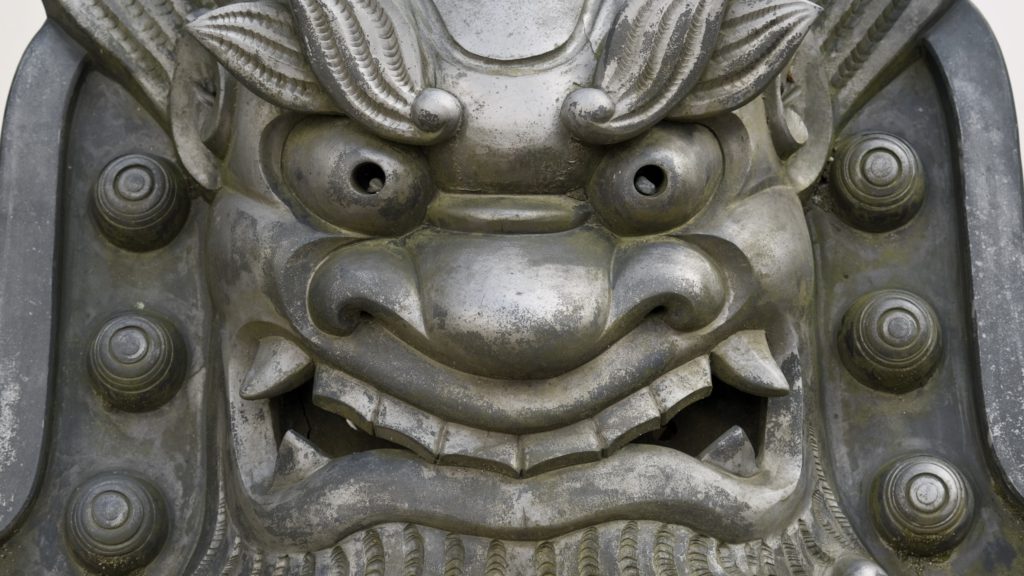
According to Fastmarkets MB, benchmark 62% Fe fines imported into Northern China were changing hands for $181.57 a tonne, down 7.6% from Thursday’s closing, the lowest since April.
Iron ore on China’s Dalian Commodity Exchange closed daytime trading 8.1% lower at 1,027 yuan ($158.95) a tonne, with its monthly loss of nearly 8% the steepest since February 2020.
Spot iron ore traded below $200 a tonne on Thursday for the first time since May 28, SteelHome consultancy data showed.
“Prices fell as iron ore demand weakens in the face of policy to reduce China’s steel output as a means to cut emissions,” Commonwealth Bank of Australia commodities analyst Vivek Dhar said.
China has asked mills to limit this year’s output to no more than the 2020 volume after the first-half production grew nearly 12% compared with a year earlier.
Shagang Group, the world’s fourth-largest steel mill, said this week that it’s curtailing production and overseas sales to comply with government efforts to cut emissions.
Beijing’s attempts to cap steel output below last year’s record haven’t proved successful so far, with production climbing 12% in the first half from a year earlier.
That’s raising expectations that activity will need to be restricted significantly through the end of the year. At the same time, China has unveiled more measures to curb overseas shipments, with the aim of using lower exports and inventories to offset supply shortfalls.
China’s steel curbs are weakening demand for iron ore, Vivek Dhar, commodities analyst at Commonwealth Bank of Australia, said in a note.
“Keeping production flat this year implies a 12% year-on-year contraction in second-half output. We don’t expect China’s crude steel output to contract to that extent, but China’s steel production is now facing more headwinds than slowing steel demand.”
Investors are also assessing signs of weaker demand from the property sector, according to Australia & New Zealand Banking Group Ltd.
China urged five cities to stabilize their local markets after residential housing prices rose too fast in the first half, the People’s Daily reported.
(With files from Bloomberg and Reuters)




